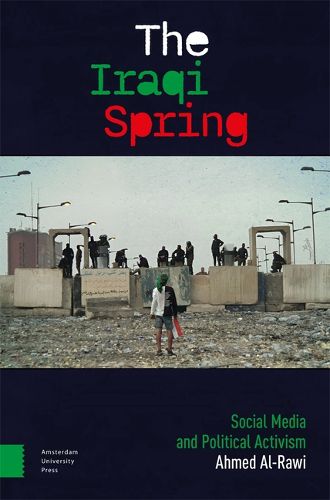Readings Newsletter
Become a Readings Member to make your shopping experience even easier.
Sign in or sign up for free!
You’re not far away from qualifying for FREE standard shipping within Australia
You’ve qualified for FREE standard shipping within Australia
The cart is loading…






Since 2003 and following the U.S.-led invasion, Iraq witnessed tremendous changes to its political, social, and economic structures, and this book critically maps recent popular protests that engulfed the country and led to the death of thousands of civilian protesters. It delves into the nuances of the Iraqi socio-political context and offers a brief historical overview of political activism by investigating the internal structure of activism in the country as well as the regional and international dimensions. The study involves critical ethnographic research including interviews with Iraqi activists, social media analysis, Arabic and English news analysis, as well as in-depth assessment and contextualization of the Iraqi protests. The author argues that there is a need to call the protests an "Iraqi Spring" because of the country's unique historical, demographic, and political circumstances.
$9.00 standard shipping within Australia
FREE standard shipping within Australia for orders over $100.00
Express & International shipping calculated at checkout
Since 2003 and following the U.S.-led invasion, Iraq witnessed tremendous changes to its political, social, and economic structures, and this book critically maps recent popular protests that engulfed the country and led to the death of thousands of civilian protesters. It delves into the nuances of the Iraqi socio-political context and offers a brief historical overview of political activism by investigating the internal structure of activism in the country as well as the regional and international dimensions. The study involves critical ethnographic research including interviews with Iraqi activists, social media analysis, Arabic and English news analysis, as well as in-depth assessment and contextualization of the Iraqi protests. The author argues that there is a need to call the protests an "Iraqi Spring" because of the country's unique historical, demographic, and political circumstances.